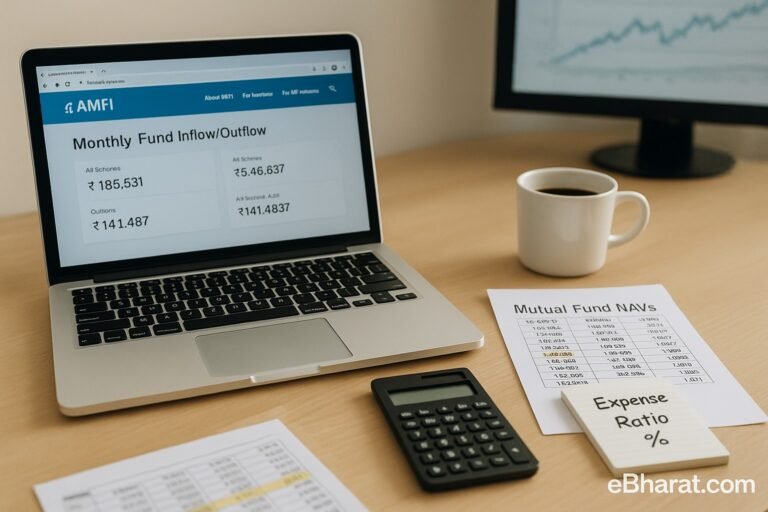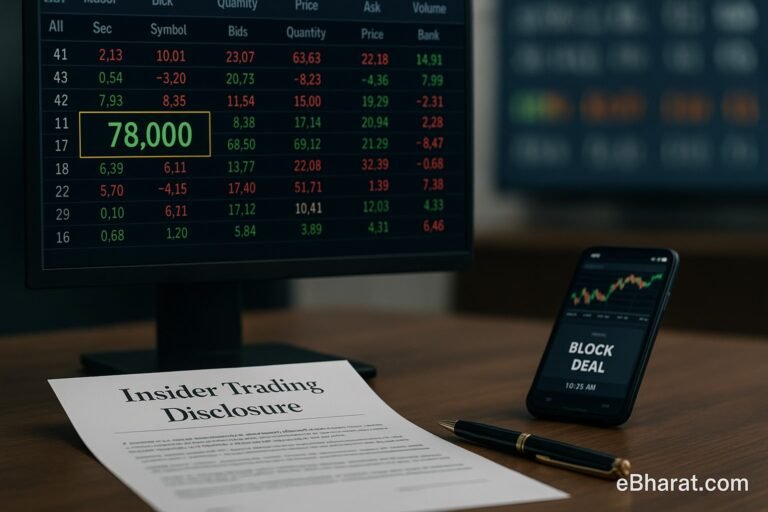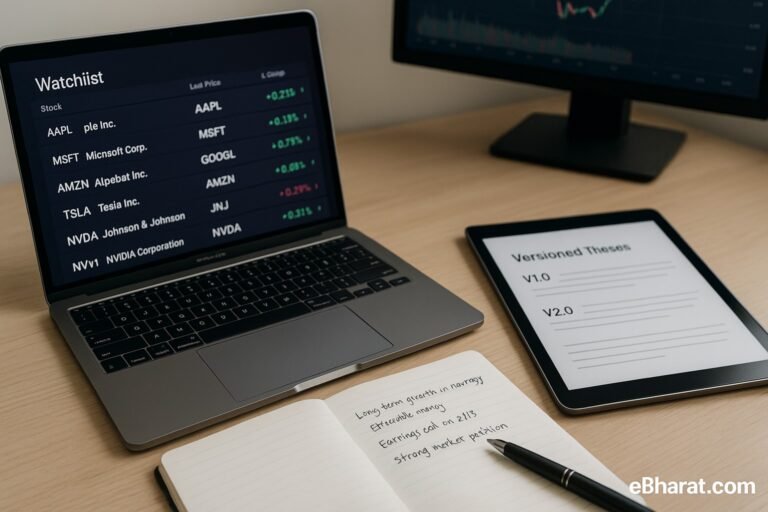
When you place a trade, brokerage is just one part of the cost. Other charges like Securities Transaction Tax (STT), stamp duty, SEBI fees, and GST can eat into your returns if you don’t track them.
Here’s a clear breakdown for Indian traders.
Types of Trading Charges
| Fee Type | Who Charges | Typical Rate (2025) | Example |
|---|---|---|---|
| Brokerage | Broker (Zerodha, Upstox) | ₹20/order (flat) | Equity intraday: ₹20 |
| STT (Securities Transaction Tax) | Govt. of India | 0.1% on buy & sell (delivery) | ₹100 on ₹1,00,000 trade |
| Stamp Duty | State Govt. | 0.003% – 0.015% | ₹3 on ₹1,00,000 trade |
| Exchange Txn. Charges | NSE/BSE | 0.00325% (equity) | ₹3.25 on ₹1,00,000 trade |
| SEBI Charges | SEBI | ₹10 per crore | ₹1 on ₹1,00,000 trade |
| GST | Govt. of India | 18% on (Brokerage + Txn. charges) | ₹3.60 approx. on intraday trade |
Example: Intraday Trade ₹1,00,000
- Brokerage: ₹20
- STT: ₹10 (on sell side)
- Stamp Duty: ₹3
- Exchange + SEBI: ~₹4
- GST: ~₹4
Total Charges: ~₹41 (not just brokerage)
- Helps traders calculate breakeven points.
- Prevents shock when profits shrink due to fees.
- Essential for intraday and options traders.
Common Mistakes
- Ignoring STT (it’s the biggest cost for delivery trades).
- Assuming “Zero Brokerage” = zero cost (taxes still apply).
- Forgetting GST on brokerage & transaction fees.
How to Reduce Costs
- Trade with discount brokers (Zerodha, Upstox).
- Avoid overtrading to save on cumulative fees.
- Use brokerage calculators before placing trades.
Save Brokerage & Track All Fees
Open an account with Zerodha or Upstox for flat ₹20 trades. Use eBharat Tools to calculate brokerage, STT, and stamp duty instantly.













